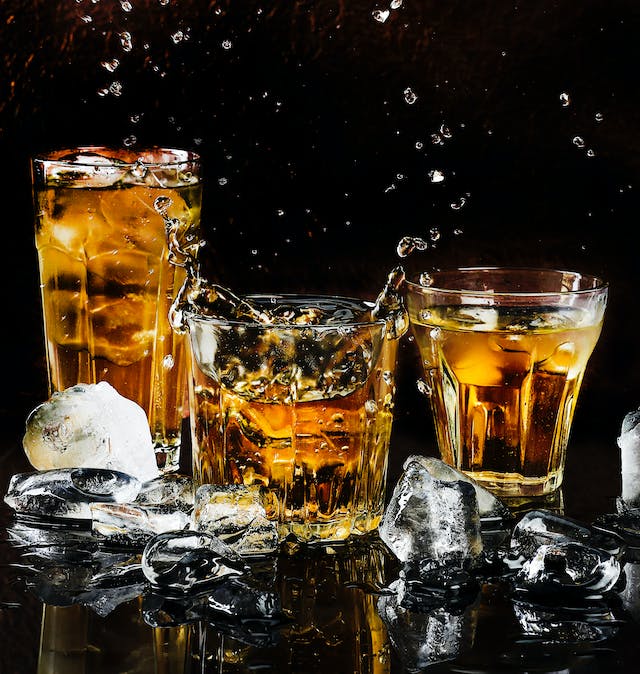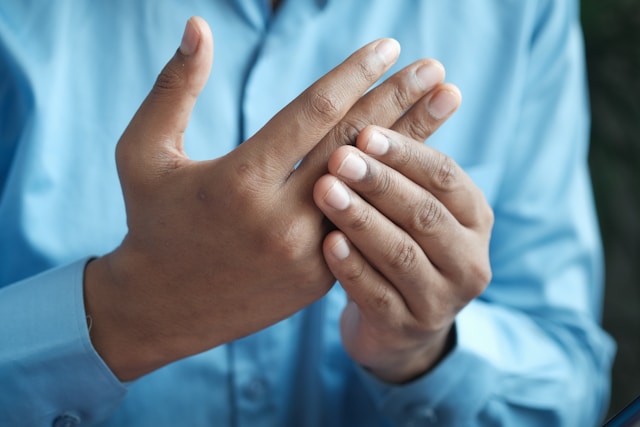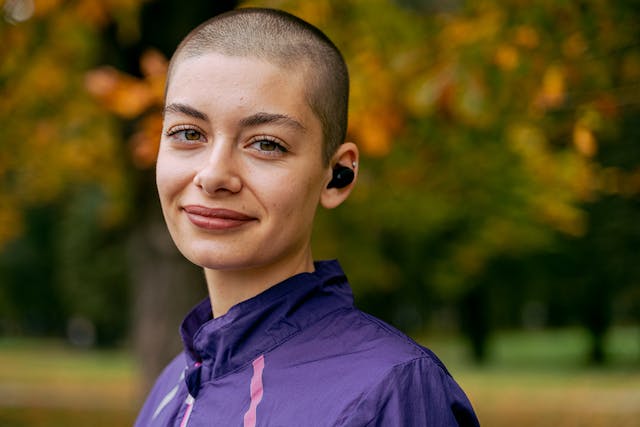Role of CBD in Alcohol De-Addiction& AUD (Alcohol Use Disorder)
Alcohol use disorder (AUD) is an impulsive condition where persons abuse alcohol even at the expense of their health and overall quality of life. AUD is an increasingly common health problem across the world, while there is potential for millions of undetected cases.
Findings from Coelho (2022) also suggest that alcohol overuse can trigger a brain reaction, making it more difficult for people to stop without intervention.
The abuse of alcohol increases risk factors for liver disease, stroke, cardiovascular problems, and even cancer. Also, AUD can lead to poor interpersonal skills, stunted emotional awareness, and limited mental health capacity in acute cases. There is an urgent need for effective treatment targeting the de-addiction of people living with AUD.
Research into the efficacy of CBD in alcohol de-addiction is ongoing; however, several studies have established promising results from findings made. In this article, we will see the promise CBD holds as an effective method to reduce alcohol overuse among people suffering from AUD. Information in this post will shed more light on solutions CBD provides to reduce effects of this condition.
What is CBD?
Cannabidiol, or CBD, is an active compound present in the cannabis plant. It is not the compound responsible for a euphoric or “high” experience that comes with recreational use of marijuana. Tetrahydrocannabinol (THC) is the compound present in marijuana known to cause the euphoric effect.
CBD products are unlikely to cause an euphoric feel upon ingestion as there is a strict threshold of THC all cannabidiol products can not exceed. Most CBD products in circulation are expected to have no more than 0.3% THC in their composition to avoid any psychotropic effect after ingestion.
Findings from studies show that CBD can be beneficial to provide antioxidant capabilities, regulate immune functions, help against anxiety, reduce inflammation, and more.
Can CBD Help Alcohol De-Addiction?
There has been only few research on humans to show a direct reduction of alcohol from CBD use. However, findings from a recent study on mice shows a sharp reduction in alcohol intake after exposure to CBD. From this research, the authors deduce that administering CBD can make subjects less interested in consuming alcohol.
Role of CBD to Treat Alcohol Use Disorder (AUD)
De-motivation
A brain reaction after continued alcohol use is largely responsible for acute AUD. Withdrawal symptoms from such conditions without a de-motivating factor could cause several problems and may not be as effective in the long-run. CBD offers persons dealing with AUD an alternative to harmful substances that can have long-term, negative effects.
Providing a relaxing, non-addictive alternative
Most people consume alcohol due to the “high” it provides at several stages of intoxication. It can be challenging to instantly withdraw from excessive alcohol intake with no ready alternative.
CBD offers an improved alternative to alcohol and other addictive substances, allowing people dealing with AUD a smooth transition away from addiction. Many CBD products come with antioxidant properties and do not trigger addiction of any kind.
Affecting the endocannabinoid system
Alcohol overuse can damage several regular functions in the human body over time and the endocannabinoid system (ECS) can help retain balance in the human body. CBD acts on the ECS, affecting its receptors, enzymes, and endocannabinoids. Cannabidiol can act on endocannabinoids through receptors and help trigger effects like pain, stress, and anxiety relief.
Research Into CBD to Reduce Alcohol Overuse
A recent study by Karoly et. al., (2021) proved the efficacy of CBD in reducing alcohol overuse, showing promise as an effective means of de-addiction. The research noted CBD’s strong effect on reducing overuse of alcohol and its potential as a demotivator to discontinue AUD.
Another study conducted by De Ternay et. al., (2019) with 120 adults who used cannabis and alcohol showed a lower likelihood to continue alcohol use with CBD administration.
Separate research on CBD’s effect on AUD by Nona et. al., (2019)showed that cannabis-based products can be effective against alcohol overuse in its early stages. The study also showed CBD’s likely protection against brain and liver damage from prolonged alcohol use.
Is It Safe to Mix Alcohol and CBD?
Deep research into CBD and its effect on alcohol overuse has established that it is unsafe to mix alcohol and CBD. A study from the US Food and Drug Administration (2022) shows that mixing alcohol and CBD products increases risk factors for several health issues.
Both substances could significantly boost the effect of each other and potentially lead to a hyper-reaction.
According to Dresden (2023), mixing alcohol and CBD could lead to:
- Prolonged drowsiness and sleepiness,
- Disorientation for extended periods,
- Issues with coordinating the body and senses, etc.
Any of these side effects from combining CBD and alcohol could lead to fatal accidents. It is not advisable under any guise to combine CBD and alcohol as both products could cause negative reactions when used together.
Final Word
Alcohol de-addiction is essential to promote better coordination and sensory functions in people dealing with addictions. CBD has shown promise across research circles as an effective alternative to help reduce the effects of alcohol addiction, especially in persons withdrawing from overuse.
The role of CBD in preventing alcohol use disorder continues to receive much research attention. Recent findings show positive results and positions CBD as a potent option to help reduce symptoms and effects of AUD. Several products from CBD brand like Cannabryl look set to play vital roles in the treatment of alcohol overuse.
Cannabryl continues to develop effective products from cannabis to solve diverse health issues.
Our CBD CBN Niramaya product with less than 0.3% THC , is recommended for microdosing.








